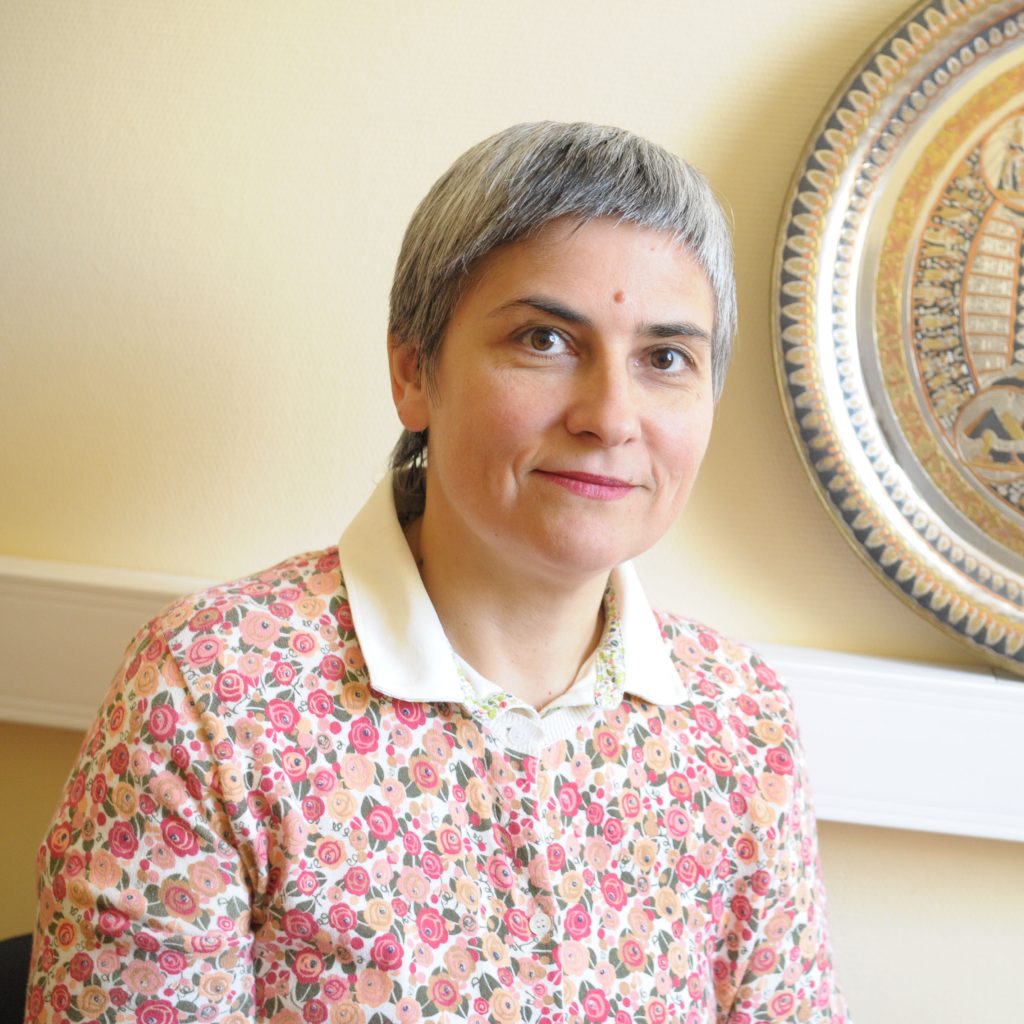- 26 Apr 2017
Russia in the Middle East – Ambitious Player in Search of Truth
Abstract
In recent years, Russia is demonstrating increased political activity in the Middle East, taking an independent position on a range of issues, which not infrequently piques the United States. This is most clearly demonstrated in the case of Syria. A clear and resounding declaration of Russia’s position on the Middle East, as with many other issues, corresponds to the extent of Russia’s international weight, her rich cultural and historical heritage. A seasoned foreign affairs advisor, Dr Elena Suponina for many years has communicated with the many Middle Eastern leaders and knows very well how high the expectations are from Russia in the region. Some are even looking to President Putin as the new Boss of the Middle East. But is it true?
The new U.S. administration under President Trump is still finding its feet in the region. At the same time, it seems that a new era in Russia’s Middle East policy is beginning and the region is now one of the major priorities of Russian foreign policy. This is definitely a recent phenomenon as some years ago, it was interesting to note that Russian leaders, just like many other world leaders, perceive the revolutionary changes that began in 2011 in the Middle East and in North Africa came as a complete surprise. At that time, Moscow perceived the Arab revolutions with a great deal of suspicion, focusing not on the internal causes for these processes, but on the role of the West, which in the Russian mass media is often depicted as the main conspirator behind and author of these scenarios. As the uprisings made way to chaos and further instability in the region, this has confirmed another alarming notion for the Russians: that the international community is totally not capable of responding adequately to these new problems.
Fast-paced, fundamental changes and growing levels of chaos have shifted Russia’s pragmatic goals in the Middle East. A stimulus to action for Moscow in the region has been created by geopolitical considerations, the need to respond to the developing threat of terrorism and a drive to preserve the system of international rights that arose after the Second World War.
Russia is acting more decisively than China, which even when it occupies similar positions prefers to remain in the shadows, insistently promoting its economic interests. Additionally, unlike the USA, Moscow continues to subtly manoeuvre between the need to preserve balanced links with the Arabs, the Persians, the Jews and the Turks. That is certainly not an easy task seeing as it is in such a unique position.
Russia also has always warned against the danger of religious conflicts and has always stood for the protection of national and religious communities. For example, the position of the Christian minority is very grave, and yet the international community has not paid enough attention to this issue. In no way does Russia, with some 13 to 20 million Muslims at home, wish to be immersed in inter-religious conflicts in the Middle East. Ultimately, as far as it is possible, Moscow’s main concern is to maintai the balance of power and relationships in the Middle East.
About the Speakers

Elena Suponina is Advisor to the Director of the Russian Institute for Strategic Studies (RISS); a think-tank under the Presidential Administration of Russia. Prior to this, she was the Founding Director of the Middle East and Asia Center, a research arm of RISS.
For 15 years, Dr Suponina was a member of an analytic and press groups belonging to the Kremlin and Foreign Ministry, travelling with Russian President and several Russian Foreign Ministers during their trips abroad. For her research, she met and interviewed eminent world leaders, including the leaders of most Arab countries, presidents, heads of governments, foreign ministers and ministers of petroleum and energy industries, heads of intelligence agencies and political parties.
Her research interests include contemporary Middle Eastern and Asian issues; cooperation between Russia and countries in the region; international mediation in the Middle East settlement; counter-terrorism strategies; foreign policy and international affairs. As a political analyst, she provides commentaries for various Russian, Western and Arab TV channels and radio stations.
Dr Suponina has received International and Russian awards for best publications in following areas: Islam in Russia, Russian–Arab cooperation, International Policy. She was also given an award for courage from Russian Chamber of Commerce and Industry and its then President, Evgeny Primakov.




